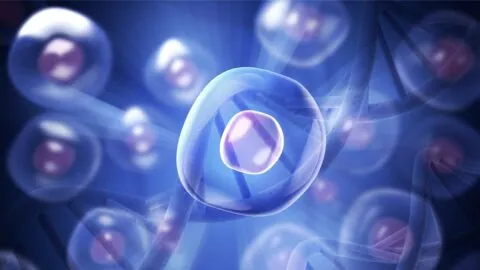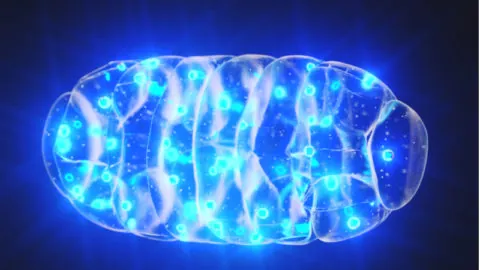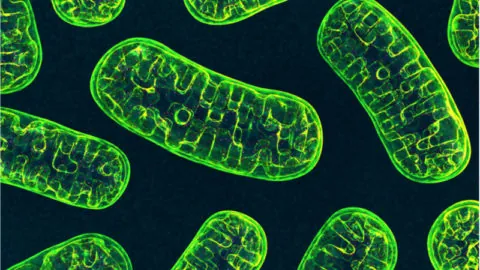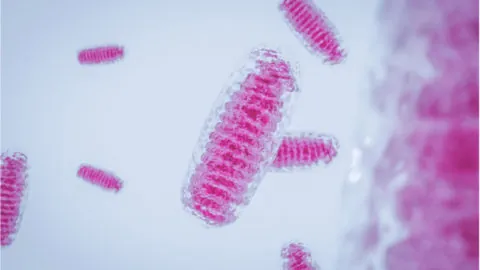December 19, 2024
Creating induced pluripotent stem cells (iPSCs) causes mutant mitochondrial populations to change, and researchers have investigated this phenomenon more thoroughly. Easy to mutate Why We Age: Mitochondrial DysfunctionAs they age, the mitochondria in our cells lose their ability to provide cellular energy and release reactive oxygen species that harm cells and cause increasing levels of...
October 13, 2023
Scientists have found that leakage of mitochondrial DNA in senescent cells is a major cause of their pro-inflammatory activity, and it can be targeted without clearing those cells out [1]. A new aspect of senescence Why We Age: Cellular SenescenceAs your body ages, more of your cells become senescent. Senescent cells do not divide or...
May 22, 2023
Researchers publishing in Nature Biotechnology have developed a novel method of editing mitochondrial DNA, which cannot be accomplished with nuclear DNA tools. Where CRISPR doesn't work Why We Age: Mitochondrial DysfunctionAs they age, the mitochondria in our cells lose their ability to provide cellular energy and release reactive oxygen species that harm cells and cause...
June 02, 2021
A new study conducted by a team of Japanese scientists and published in Scientific Reports details how cells can have their damaged mitochondria destroyed and replaced with healthy ones, offering a potential solution to the problem of mitochondrial dysfunction. Why We Age: Mitochondrial DysfunctionAs they age, the mitochondria in our cells lose their ability to...
July 14, 2020
Researchers have developed what can be described as the first precision gene editing tool for mitochondrial DNA (mtDNA). This new tool is different from the well-known CRISPR/Cas9 method of gene editing and should make the study of mitochondrial biology and mitochondrial diseases easier. This new discovery is a game changer Prior to this, creating mouse...
February 04, 2020
Researchers from SENS Research Foundation, including Matthew O'Connor and Amutha Boominathan, have published a new study showing how codons play an important role in getting copies of mitochondrial genes placed in the cellular nucleus to express themselves correctly [1]. A possible solution to mitochondrial diseases Mitochondrial disease is not a single disease; in fact, it...








